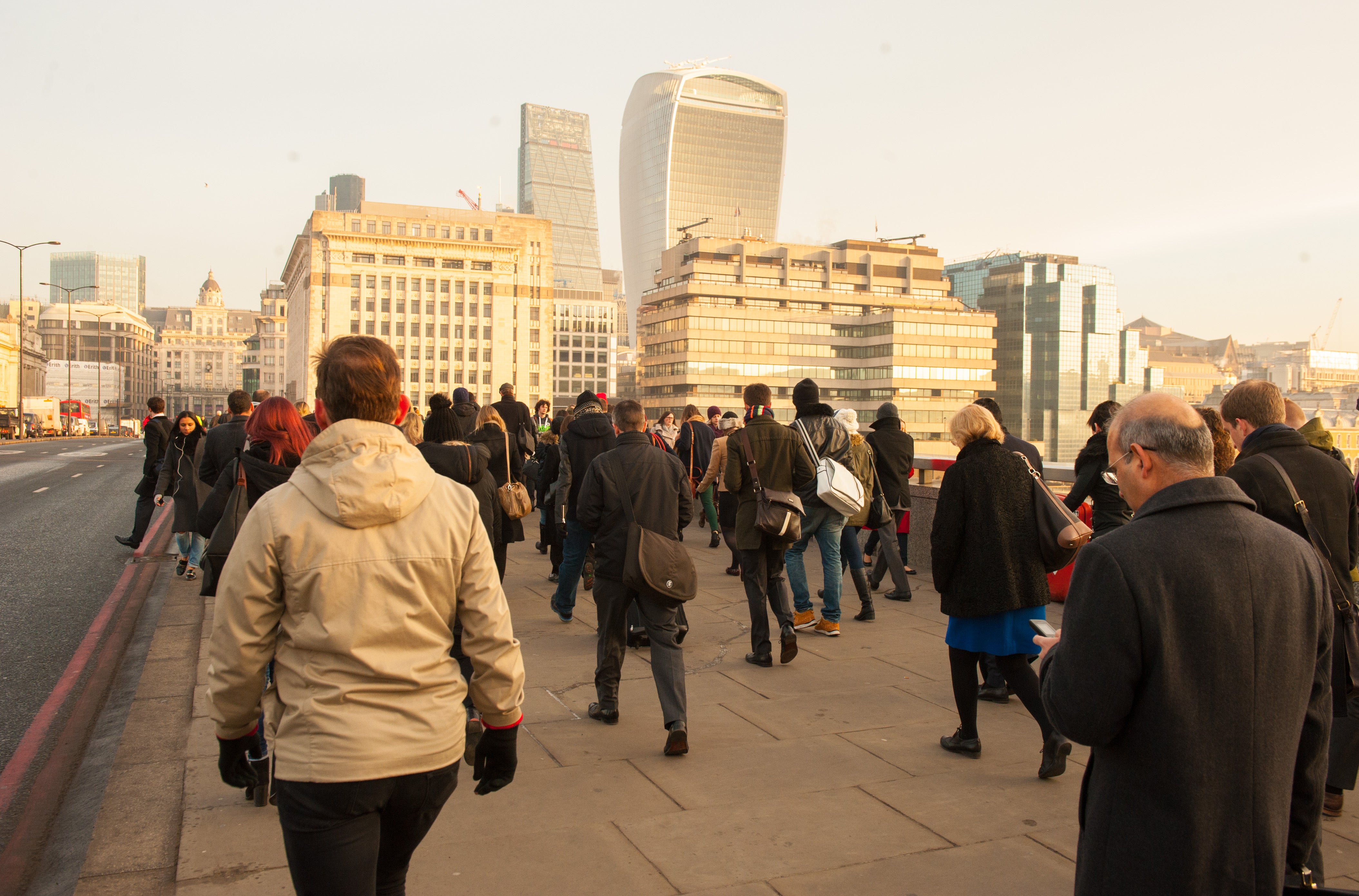Third of people earning £10,000 to £20,000 ‘have seen finances decline’
Scottish Widows wants those on low incomes to continue to receive workplace pension contributions from their employer even if they cannot contribute.

Nearly a third (31%) of people earning between £10,000 and £20,000 per year have reported a decline in their finances during the coronavirus pandemic, according to research from a pensions provider.
Scottish Widows is calling for reforms to entitle those on low incomes to continue receiving workplace pension contributions from their employer – even if they are unable to make employee contributions themselves during periods of financial hardship.
As a result of job and income losses, Scottish Widows estimates that low earners have potentially missed out on a combined £122 million in pension contributions from their employers during Covid-19 – a figure that nearly triples to £325 million if including personal contributions.
The latest Scottish Widows retirement report also found that more than half (54%) of people are concerned about running out of money in their later years and a quarter (23%) expect to “work until they drop”.
Those on lower incomes - and less likely to have worked at home during the pandemic - have seen their finances hit hard
Pete Glancy, head of policy at Scottish Widows, said: “Covid-19 has had a massive impact on the nation’s finances, particularly on those who were already struggling financially.
“Those working from home have benefited from reduced commuting costs and everyday expenses, allowing them to boost their savings. But those on lower incomes – and less likely to have worked at home during the pandemic – have seen their finances hit hard and are leaning on savings to cover bills and short-term needs.”
More positively, the research also found that the proportion of people saving adequately for retirement – meaning they are saving at least 12% of their income – reached a record high at 61% this year.
This progress is being driven by younger savers – those in their 30s – the report found.
Mr Glancy added: “While 12% of earnings going into your pension will provide a basic standard of living in retirement, a minimum of 15% is more realistic for anyone hoping to enjoy a more comfortable retirement.
“And there are great swathes of the working population – for example, the self-employed and those earning less than £10,000 – for whom auto-enrolment doesn’t apply. A radical rethink is now required to tackle the post-pandemic challenges.”
– More than 5,000 people across Britain were surveyed in March and April.